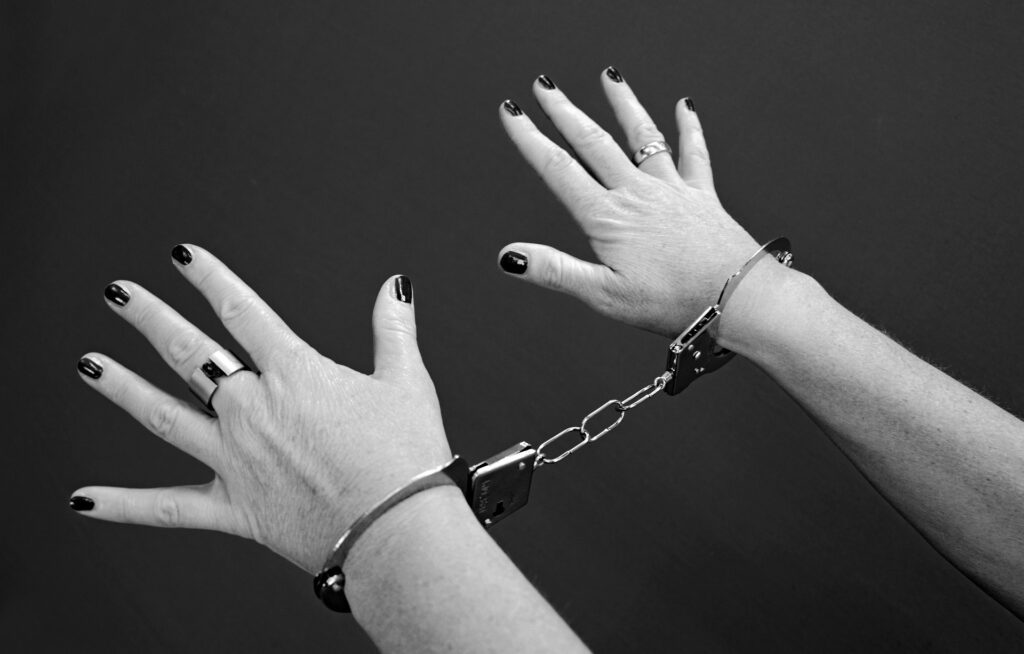What Are Sins in Islam?
Understanding Right and Wrong Through a Muslim Lens
In Islam, sin isn’t about inherited guilt or unavoidable flaws. It’s about choices—what we do, why we do it, and how those actions align with divine guidance.
The Islamic worldview invites personal responsibility. You’re not born sinful—you’re born pure. From there, it’s your decisions that shape your relationship with God and with the people around you. Let’s explore how Islam defines sin, what counts as major or minor, and how forgiveness works in a faith built on mercy and justice.
Defining Sin in Islam: A Matter of Direction
In Arabic, the word for sin—gunāh—is broad. The Qur’an and Hadith use several terms for sin, like dhanb, ithm, and ma’siya, each carrying different shades of meaning. Some refer to intentional wrongs. Others to errors made in weakness or forgetfulness.
At its core, a sin is any action that contradicts the guidance sent by God. Imagine you’re following a map: a sin is like taking the wrong turn—not just veering off the path, but distancing yourself from the destination you were meant to reach.

Major vs. Minor Sins: Not All Wrongs Are Equal
Islam distinguishes between two categories:
- Major sins (Kaba’ir) – These carry serious consequences. Think of them like polluting a river: the impact spreads beyond you.
- Minor sins (Sagha’ir) – Lesser mistakes that are often forgiven through prayer, charity, or good deeds.
But the line between them isn’t always about the action alone. Intention, repetition, and the harm done all play a role.
Major sins—such as murder, theft, or shirk (associating partners with God)—require sincere repentance. Minor sins can be washed away through everyday devotion.
For deeper context, check out:
The Seventy Major Sins in Islam
IslamOnline: Major Sins
Examples of Major Sins
Here are some of the gravest actions in Islamic teachings:
- Shirk – Associating partners with Allah
- Murder
- Theft
- Magic or sorcery
- Adultery and fornication
- Neglecting obligatory worship (e.g., prayer, zakat)
These aren’t just spiritual missteps—they harm the individual, family, and society at large. That’s why they’re treated so seriously.

Accountability: You Own Your Actions
In Islam, each person stands on their own deeds. You’re not held accountable for someone else’s mistake, nor are you born with spiritual debt.
Instead, Islam focuses on choice and intent. If you choose wrong, you take ownership—and you also have the power to seek forgiveness and change.
Consequences of sin may include:
- A weakened relationship with God
- Broken trust in the community
- Legal consequences (for crimes like theft or violence)
Want to explore this further? Read: 10 Things Muslims Believe About Sin – Zwemer Center
Repentance: The Open Door Back
The beauty of Islam’s approach to sin? It never closes the door. No matter how deep the error, the path to forgiveness—tawba—remains open.
Repentance doesn’t require a religious official. There’s no confessional booth. Just you and God, one-on-one.
Allah’s mercy is a recurring theme in the Qur’an. Forgiveness is possible up until your final breath.
Explore this idea more at: Repentance in Islam
How to Repent Sincerely
Repentance in Islam isn’t vague. It’s practical and clear. Here’s what it requires:
- Stop the sin immediately
- Feel real remorse
- Commit to never repeating it
- If someone else was harmed, make amends
If all these conditions are met, even the biggest sins can be forgiven.
Final Thoughts: It’s Not Just About Rules—It’s About Purpose
Islamic teachings on sin aren’t just legalistic. They’re deeply personal and profoundly ethical. They push you toward living a life that’s honest, clean, and rooted in responsibility—toward God, and toward your fellow humans.
Mistakes happen. But so does forgiveness. The goal isn’t perfection. The goal is progress—with a heart open to correction and a life guided by truth.
you can explore what is ummah in islam
